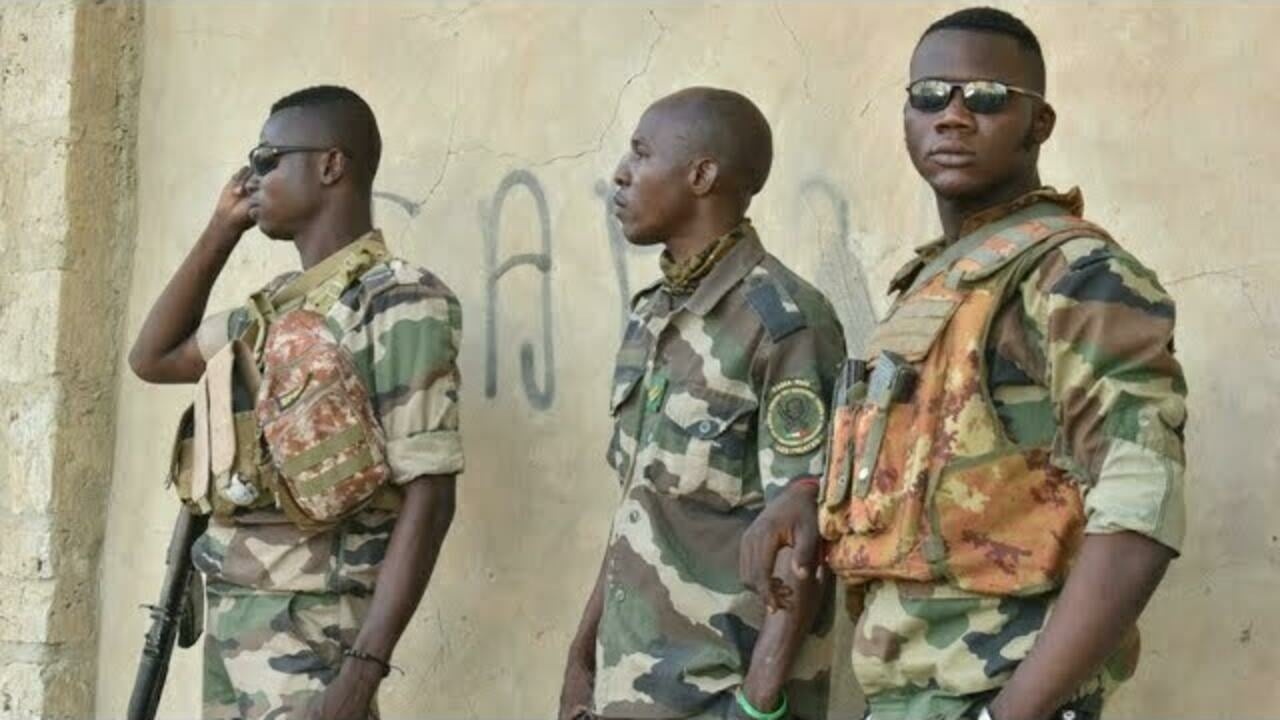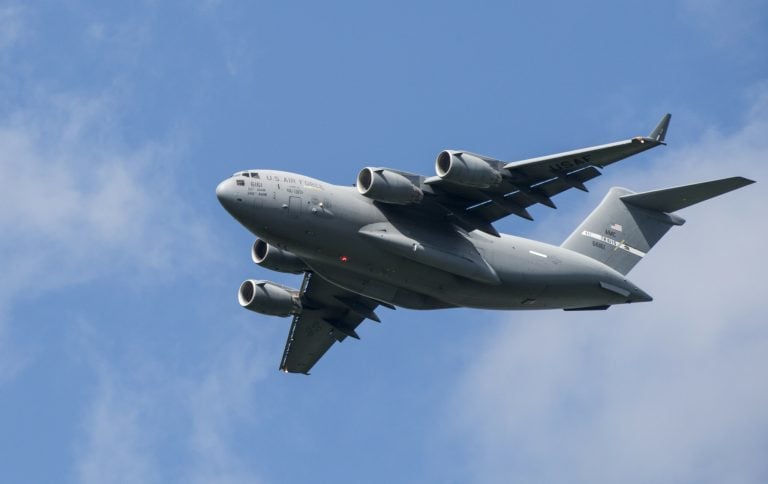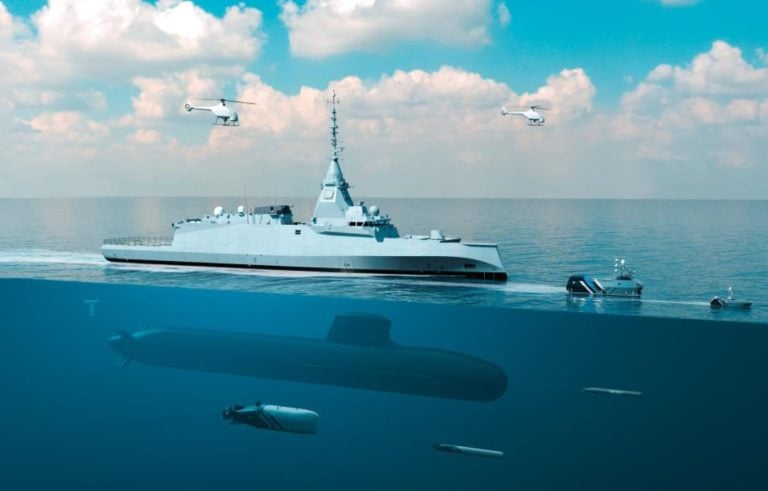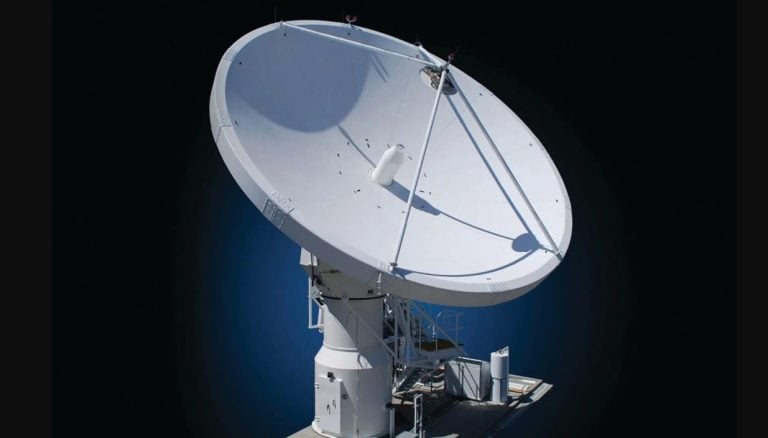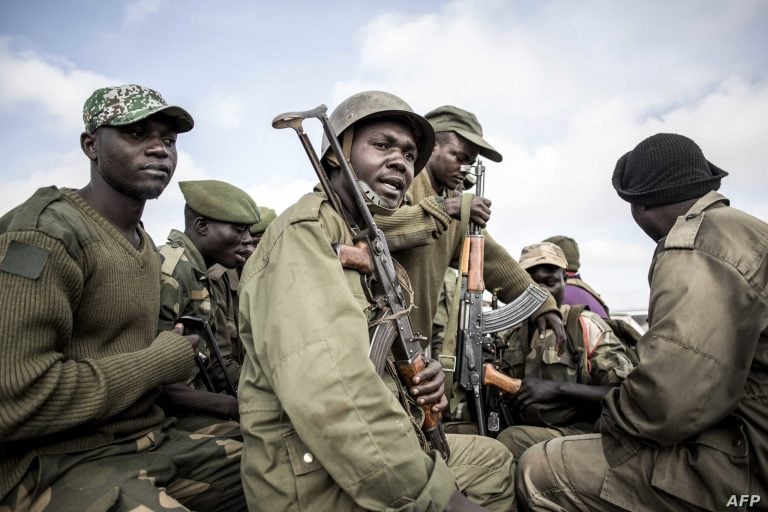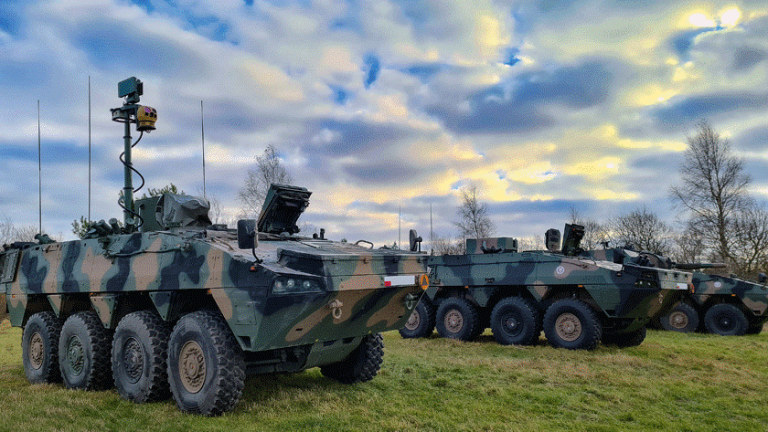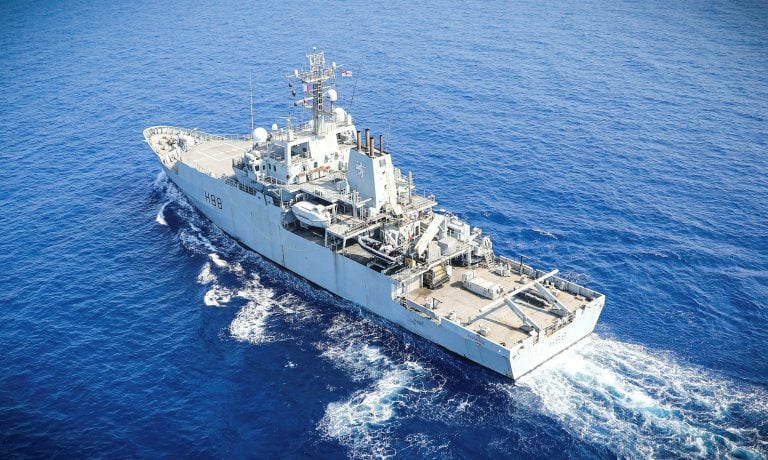Mali’s military leader, General Assimi Goita, recently concluded a crucial visit to Moscow, where he expressed his desire to strengthen relationships with Russia, a vital ally in Mali’s ongoing fight against jihadist insurgents. This visit, which is expected to last several days, comes amid the backdrop of rising insecurity in Mali and the Sahel region, where jihadist groups have been active for years.
During a meeting with Russian President Vladimir Putin, Goita emphasized the need to enhance cooperation in multiple sectors, including defense, transport, and the economy. He stated, “I am convinced this visit will be an occasion to reinforce our relations,” highlighting a significant shift in Mali’s foreign policy orientation since his rise to power after two coups in 2020 and 2021. Under Goita’s leadership, Mali has increasingly distanced itself from France, its former colonial power, in favor of growing ties with Russia.
The discussions between the two leaders also led to the signing of a cooperation agreement in nuclear energy, indicating a broader scope of partnership. President Putin expressed optimism about the potential for collaboration, mentioning the vast opportunities that exist in areas such as natural resources, energy, and logistics. Following their meeting, high-ranking officials, including Russia’s energy and deputy defense ministers, further engaged in dialogue to solidify the terms of their partnership.
Malian officials noted that enhancing security and sovereignty remains the top priority in their ongoing collaboration. Russian Defense Minister Andrei Belousov, who held discussions with Mali’s Minister of Defense Sadio Camara, reaffirmed this commitment to achieving practical outcomes that bolster Mali’s security framework.
Goita’s visit aligns with Russia’s broader strategy to expand its influence across Africa through various means, including the deployment of state-sponsored mercenaries. However, this trip was marked by significant changes following the announcement from the Wagner group, which has been involved in supporting the Malian military’s efforts against jihadists since 2021. The group is set to exit Mali, making way for its successor, Africa Corps, to take over their operations.
As Mali navigates these complex geopolitical waters, the outcome of Goita’s visit could significantly impact the resource-rich nation’s future security landscape and its international allegiances.
